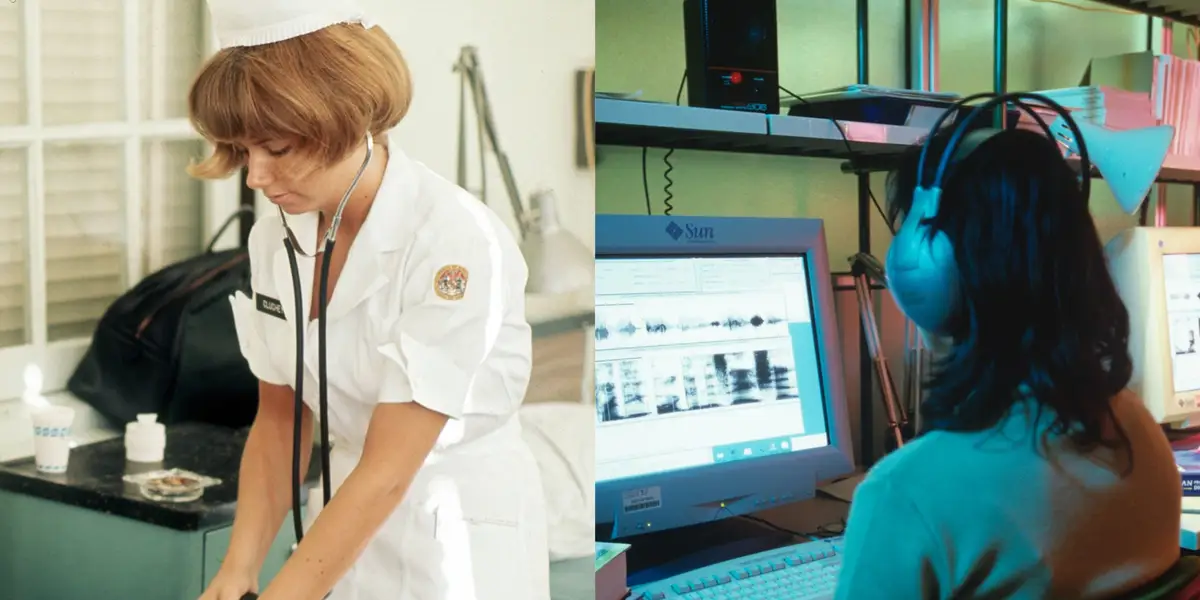
Generative AI is steadily rewiring the DNA of work, radically transforming some jobs, while other professions remain relatively immune.
That’s according to a new analysis from Indeed, a job-listings platform, that created an index to track these workplace changes.
Indeed’s GenAI Skill Transformation Index measures how much generative AI could change the way different skills or jobs are performed. Instead of measuring whether this technology will fully replace human workers, it examines how skills may be applied going forward and how human involvement with those skills and tasks could evolve.
The study and index assessed the cognitive and physical demands required across nearly 2,900 work skills and the capacity of generative AI to perform them. Indeed focused on two particular criteria:
Problem-solving ability: The degree to which a skill requires cognitive reasoning, applied knowledge, and practical judgment, and how well generative AI can replicate this.
Physical necessity: Whether a skill requires physical execution. Until general-purpose robotics advances significantly, these tasks remain mostly human-exclusive, according to Indeed.
Based on this evaluation, skills were grouped into four distinct categories based on their potential to be transformed by generative AI: minimal transformation, assisted transformation, hybrid transformation, and full transformation.
Key findings
Under this framework, Indeed found the following:
41% of the almost 2,900 common work skills assessed are exposed to the highest potential levels of GenAI-driven transformation.
More than a quarter (26%) of jobs posted on Indeed in the past year could be “highly” transformed by GenAI.
The majority (54%) of jobs posted on Indeed in the past year are likely to be “moderately” transformed, and their evolution will depend on how quickly businesses adopt GenAI and how well workers adapt and reskill.
Almost half (46%) of skills in a typical US job posting are poised for “hybrid transformation” by GenAI. Human oversight will remain critical when applying these skills, but GenAI can already perform a significant portion of routine work.
Some occupations, including software development, are more highly exposed. Roles requiring more physical presence and human interaction, including nursing, are likely to be less impacted, with GenAI primarily changing administrative tasks but not necessarily the core parts of these jobs.
When Indeed ran an initial version of this analysis a year ago, no skills were rated as “very likely” to be fully replaced by GenAI. Today, 19 skills (0.7% of all skills analyzed) were assessed to be “very likely” to be fully replaced by GenAI, still small in absolute terms, but a significant signal of progress.
Related stories
Business Insider tells the innovative stories you want to know
Business Insider tells the innovative stories you want to know
“GenAI has gotten (and continues to get) smarter,” Annina Hering, senior economist at Indeed’s Hiring Lab, and Arcenis Rojas, a data scientist at the lab, wrote. “As long as physical execution is not required — an admittedly big caveat — and GenAI capabilities continue to grow, more skills are likely to cross the threshold into realistic automation as work continues to evolve.”
The outlook for different jobs
The latest findings reveal that childcare, nursing, and construction are the least likely to be transformed by generative AI.
Meanwhile, software development is most likely to be transformed by generative AI. Eighty-one percent of the skills involved in these jobs will experience a hybrid transformation in which GenAI leads and humans provide oversight, according to Indeed’s index.
Data & Analytics and accounting were second and third, behind software development, as most likely to be transformed by GenAI.
The overall message is pretty blunt: no job is entirely immune, but not all jobs are equally exposed. Technical and information-heavy roles will feel the brunt of automation, while jobs grounded in physical presence and human touch will remain mostly shielded.
For businesses, that means redesigning workflows and training pipelines. For workers, it means leaning into uniquely human strengths, such as physical dexterity, informed oversight, and empathy, that AI still can’t replicate well.
Here’s the full breakdown of jobs and skills:



